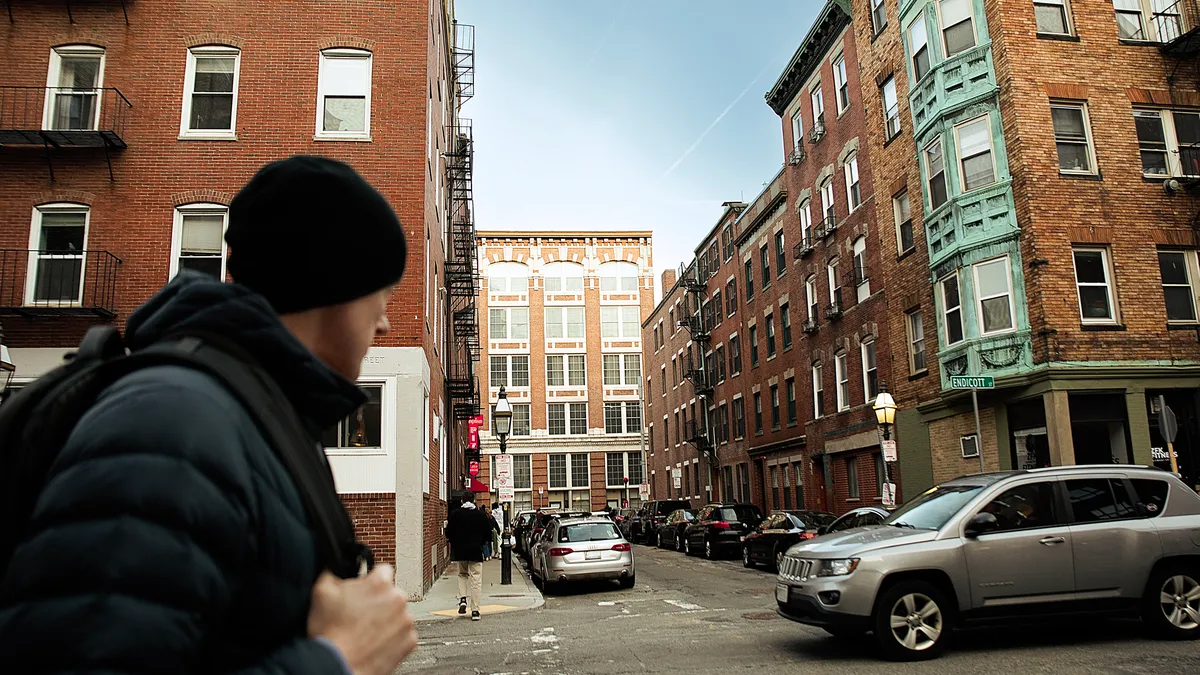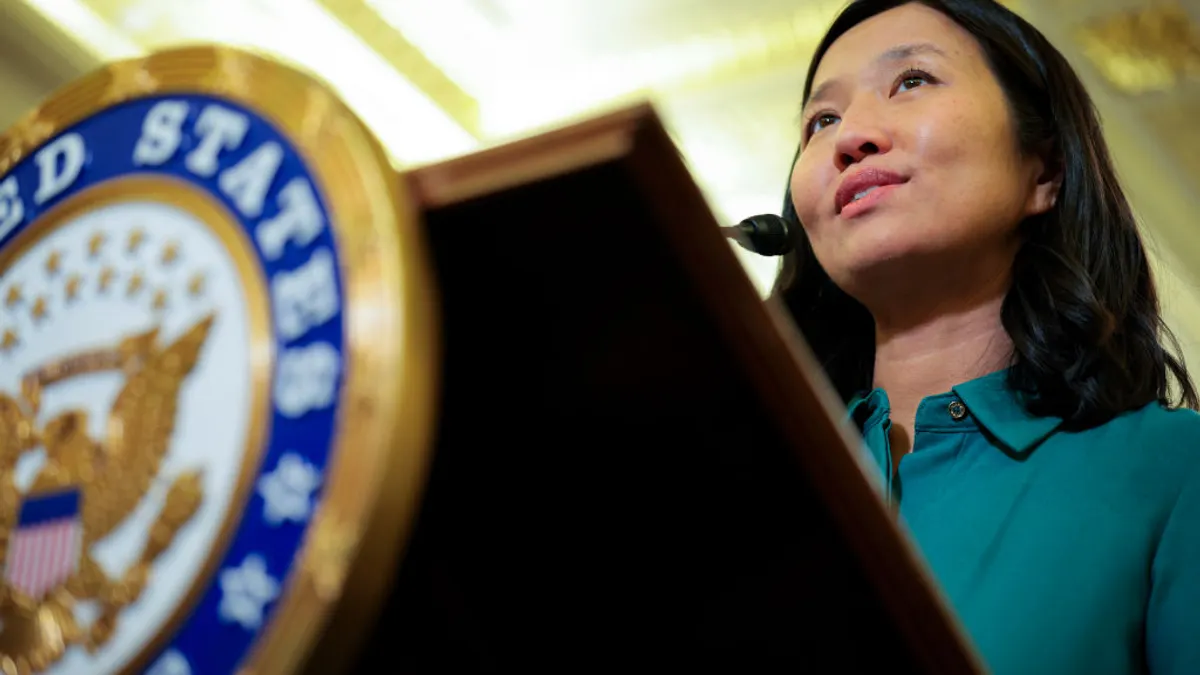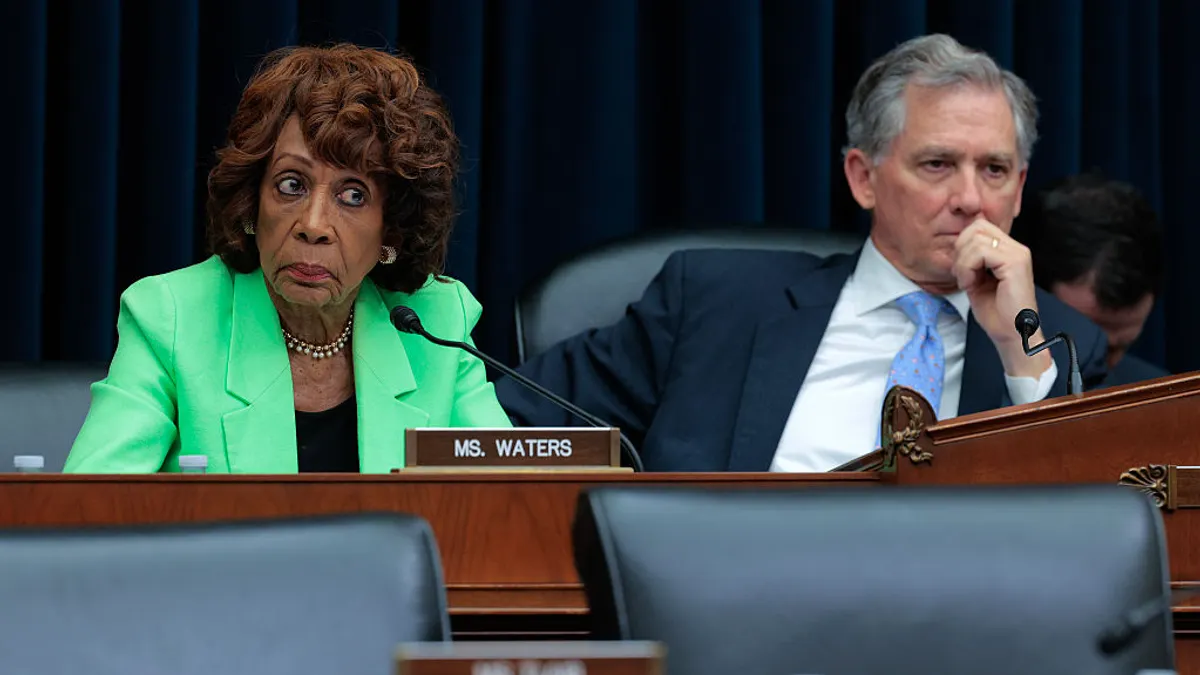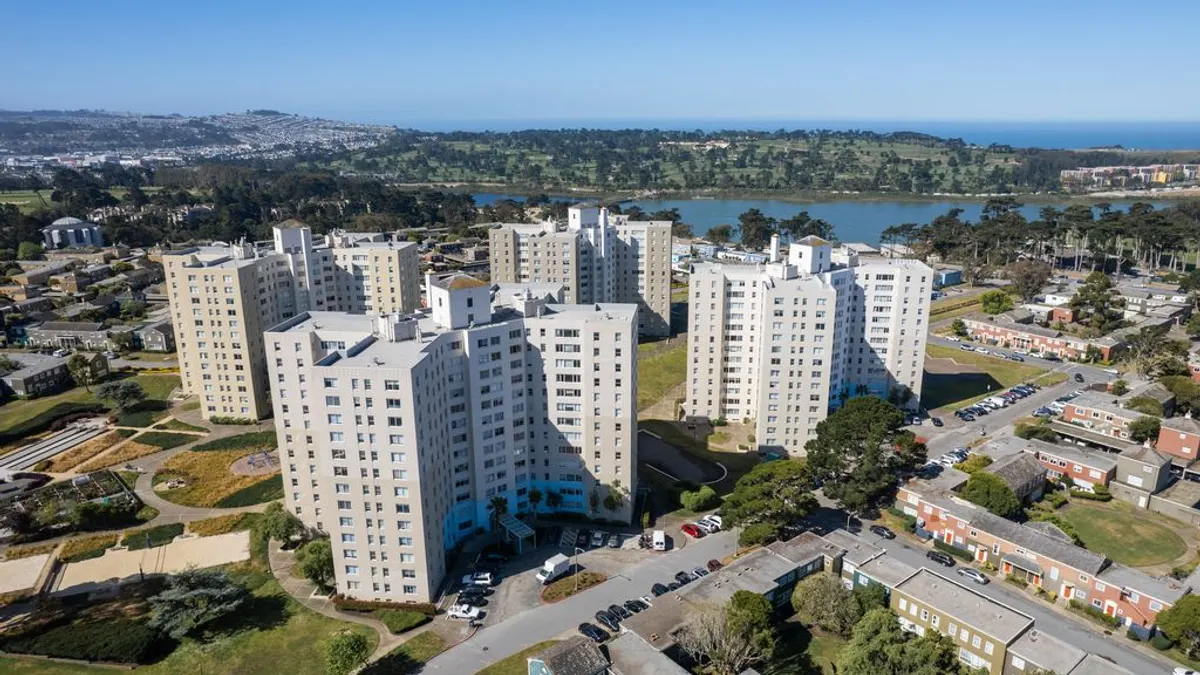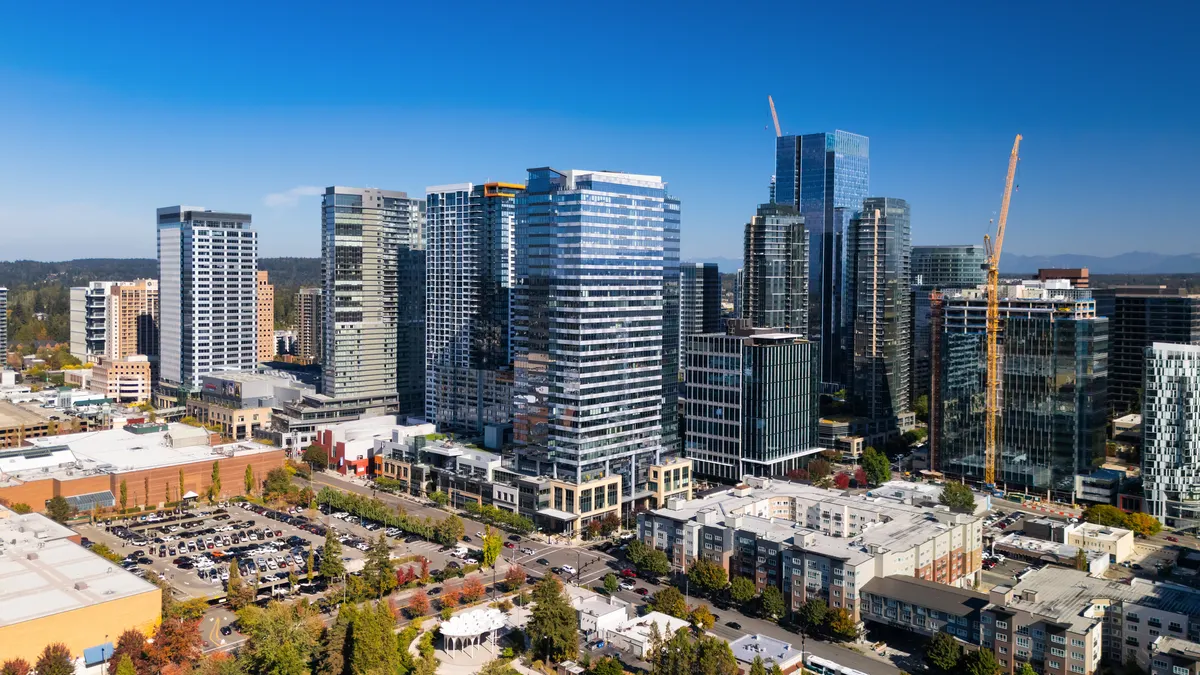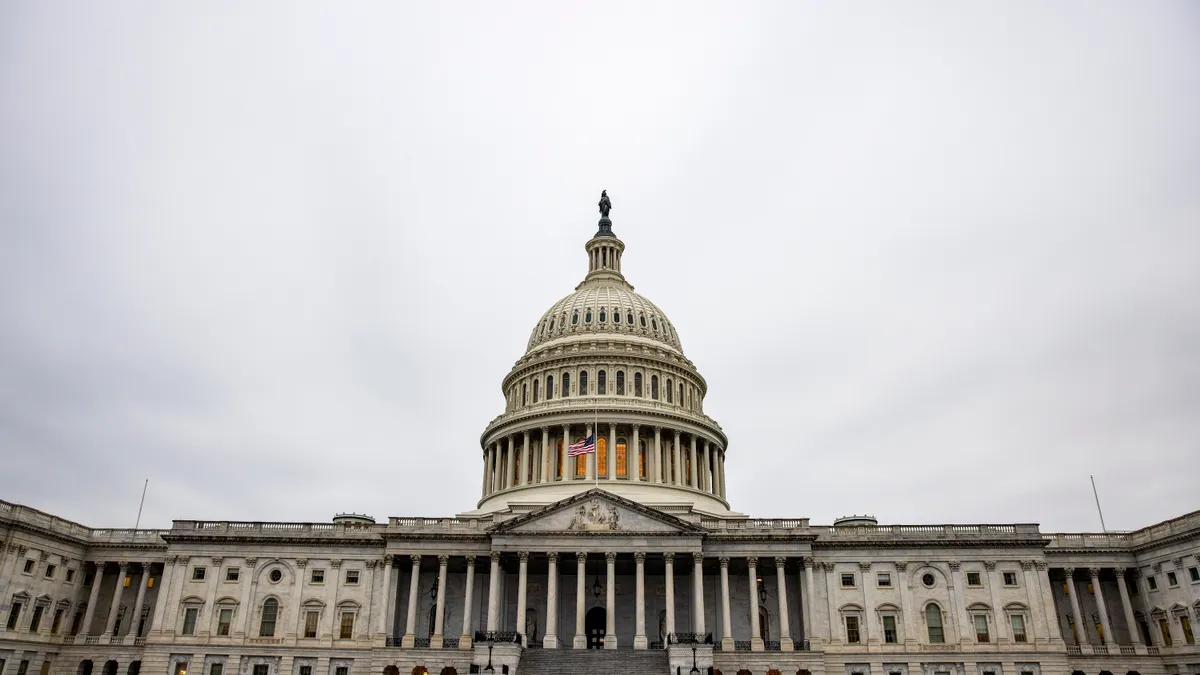Like many major cities across the country, Boston has a history of segregation: Exclusionary zoning was used for decades to exclude people of color and low-income people from the city’s more affluent neighborhoods, according to a report last year commissioned by the Boston Foundation.
Now Boston is attempting to demonstrate that zoning can be used to advance equity. In 2021, the city passed what may be the nation’s first effort to add fair housing requirements to its zoning code. The new policy requires developers of large projects to assess the projects’ possible impacts on area residents historically discriminated against and take steps to reduce those impacts. Based on their assessments, developers can choose among a variety of fair housing interventions, such as building a greater share of affordable units, building more family-size units or providing more units to residents with housing vouchers.
The policy has been on the books for more than three years, but it’s still in its infancy. Forty-three large development projects (those which construct or add at least 50,000 square feet of floor space) have triggered the ordinance. City leaders are working to establish “a strong understanding of the current process” and its outcomes, said Karina Oliver-Milchman, director of policy development and research for the Mayor's Office of Housing, which last year took over monitoring the zoning rule from the Planning Department (formerly the Planning & Development Agency).
“This hasn’t really been done before,” Oliver-Milchman said. She emphasized that the zoning ordinance “is a pretty innovative tool,” thus it is difficult to explicitly measure success, though development projects are indeed changing as a result of the ordinance process.
Both city leaders and advocates agree that the zoning rule has great potential.
By being part of the zoning code, the rule empowers communities and “gives people leverage” to promote fair housing, said Danielle Sommer Kieta, a consultant with the Boston Tenant Coalition, which advocated for the zoning change. She said she sees the rule as enabling a “public-private partnership” in which the city actively prevents displacement and ensures that development is more than merely profit-driven.
Origins of the policy
The zoning ordinance was inspired by the 2015 Obama administration Affirmatively Furthering Fair Housing rule, or AFFH. The rule, intended to strengthen the Fair Housing Act of 1968, required government agencies to take intentional steps to address obstacles to fair housing. Though the Trump administration reversed the AFFH rule in 2020, Boston committed to the AFFH process it had already started, of which the zoning change was one part.
The Biden administration has proposed an updated AFFH rule that is even stronger than the 2015 rule, according to Marcia Fudge, then secretary of the U.S. Department of Housing and Urban Development, meaning that cities may soon be required to take more explicit steps to advance fair housing.
Grassroots community engagement largely drove the vision for the zoning change, said Kathy Brown, executive director of the Boston Tenant Coalition. Hundreds of people attended more than a dozen community meetings to outline their experiences with housing discrimination and displacement as Boston assessed its fair housing policies.
Yet now that the zoning rule has been implemented, community engagement has declined, Brown said. Some city staffers also need to learn the specifics of the policy, she noted. The Boston Tenant Coalition has held training sessions with community groups to help them understand how the new policy could help them get their voices heard when a developer announces a project that might affect their neighborhood.
The policy doesn’t make automatic changes — that’s a feature of Boston’s new inclusionary development policy, an addition to the zoning code that increases affordable housing requirements and will take effect in the fall. Rather, the AFFH zoning policy “is a negotiation process,” Oliver-Milchman said.
The Boston Interagency Fair Housing Development Committee, which has representatives from multiple city agencies, reviews a developer’s project assessment and its chosen interventions as well as the city’s own displacement risk data. “The committee negotiates with projects, [and] some are more successfully negotiated than others in terms of outcomes,” Oliver-Milchman said. For example, the committee may recommend that a certain percentage of the units are affordable, but the developer may counter.
What’s working — and what’s not
Rasheedah Phillips, director of housing at the national research institute PolicyLink, said the zoning policy is a landmark, but “Boston is lacking that crucial element of making [it] work.” PolicyLink, which works with community organizations across the country on housing, supported the Boston Tenant Coalition in its efforts to get community feedback about the fair housing assessment.
While the zoning amendment allows developers “to pause and to be able to consider their impacts [on] residents,” it didn’t “create the capacity for those residents to participate in that process,” Phillips said.
Grassroots advocacy helped achieve the policy, Phillips said, and “You also need that organizing and community involvement after the policy has passed.” They admitted that getting meaningful insight from residents “requires time and space,” which is “somewhat counterintuitive to how cities and governments have typically engaged with programs.” Yet, Phillips said, community input is necessary to adequately evaluate a program and modify it if necessary.
Oliver-Milchman said one modification the city is currently considering is bringing the committee into the pre-development process earlier because some interventions are more difficult to negotiate after a developer has already made its plans. Brown thinks the negotiation process should be more transparent, noting that at least one of the committee’s recommendations for a development project wasn’t posted publicly.
Still, Brown’s enthusiasm for the zoning rule tempers her criticism. “Given it’s a real sea change, given the way development has been done [in the past], it’s going to take a while for it to be working as it should.”


